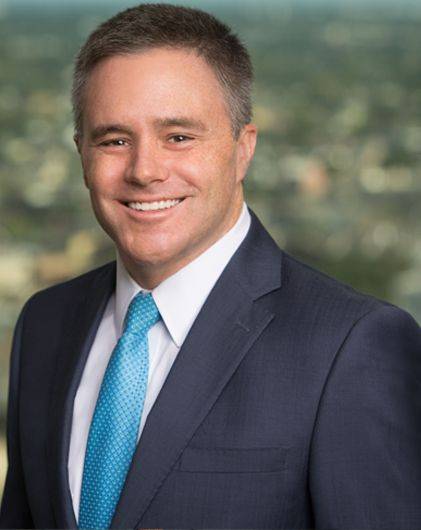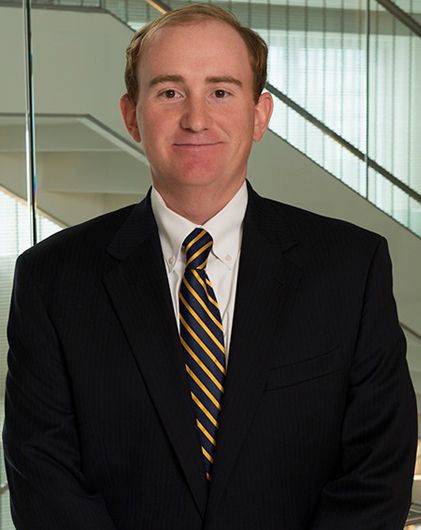SBA Clarifies PPP Certification Requirements for Borrowers
Recent statements by the Small Business Administration have confused many Paycheck Protection Program (PPP) borrowers. This week, the SBA clarified its certification requirements for borrowers.
On April 23, the SBA warned that businesses with substantial access to liquidity might not qualify for PPP loans. On April 28, the SBA announced that it would review all PPP loans over $2 million to make sure borrowers’ self-certification for PPP loans was appropriate. This guidance created uncertainty among PPP borrowers (and their legal counsel) throughout the country, questioning whether funds should be returned to avoid potential civil or criminal penalties.
To clarify this uncertainty, the SBA issued two new FAQs:
- FAQ #46, issued on May 13, details how the SBA will assess borrowers’ good faith certifications for PPP loan requests.
- FAQ #47, issued on May 14, extends the current safe harbor repayment date from May 14 to May 18.
A complete list of the SBA FAQs can be found here.
Safe Harbor for loans less than $2 million
FAQ #46 provides that “any borrower that, together with its affiliates, received PPP loans with an original principal amount of less than $2 million will be deemed to have made the required certification concerning the necessity of the loan request in good faith.”
According to the SBA, borrowers with loans under the $2 million threshold are less likely to have had access to adequate sources of liquidity in the current economic environment than borrowers who obtained larger loans. This safe harbor is intended to promote economic certainty for PPP borrowers with limited resources as they work to retain and rehire employees.
Loans greater than $2 million
FAQ #46 also clarified that “borrowers with loans greater than $2 million may still have an adequate basis for making the required good-faith certification, based on their individual circumstances in light of the language of the certification and SBA guidance.”
The SBA noted that it will review these applications to determine if the good-faith certification was met, and if not, the “SBA will seek repayment of the outstanding PPP loan balance and will inform the lender that the borrower is not eligible for loan forgiveness.” However, if the borrower repays the loan after this determination, the SBA “will not pursue administrative enforcement or referrals to other agencies based on its determination with respect to the certification concerning necessity of the loan request.”
This guidance does not provide a safe harbor for PPP loan recipients with a principal amount greater than $2 million. Borrowers still should assess their certification language as well as the factors highlighted in the SBA’s FAQ #31, which discusses a borrower’s ability to access other sources of liquidity sufficient to support ongoing operations in a manner that is not significantly detrimental to the business. However, without the threat of enforcement if a good-faith certification is made, borrowers with PPP loans of $2 million or greater should feel more comfortable that if the SBA determines a borrower had access to other sources of liquidity, then the most likely result will be having to repay the loan proceeds without the risk of civil or criminal penalty.
In any event, borrowers should consult with legal counsel to determine their best course of action.
Loan Forgiveness
The SBA has not provided the official application for PPP loan forgiveness at this time. Phelps will continue to monitor guidance from the SBA and the Treasury regarding the loan forgiveness application process and rules related thereto.
Please contact Bart Bacigalupi, Ryan Moon or Phelps’ Business team if you have any questions or need compliance advice and guidance. For more information related to COVID-19, please also see Phelps’ COVID-19: Client Resource Portal.



